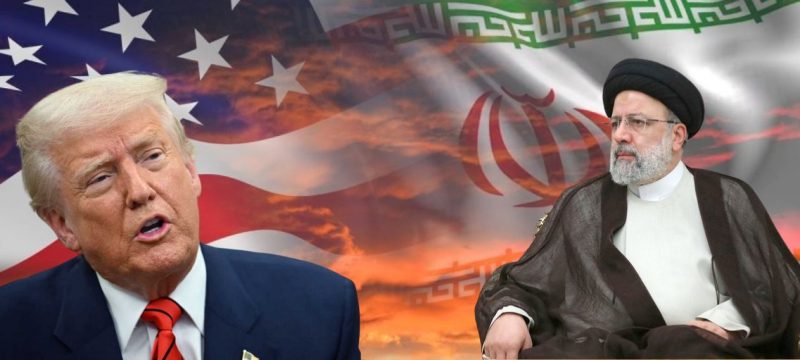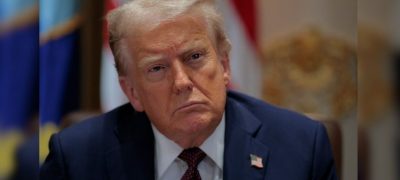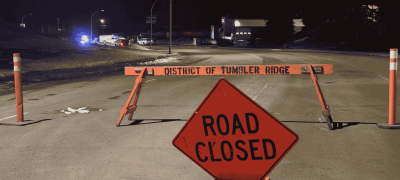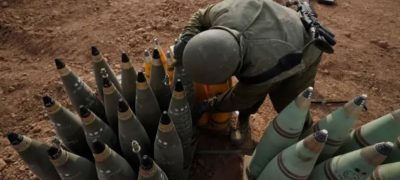Tensions between Iran and the United States intensified on Wednesday, as Tehran warned it would strike American military installations in the region if hostilities broke out. This came as U.S. President Donald Trump voiced reduced optimism over reviving the nuclear agreement with Iran.
Ahead of a sixth round of indirect nuclear negotiations, Iranian Defence Minister Aziz Nasirzadeh declared that all U.S. bases in nearby countries were within Iran’s missile range and would be targeted if war erupted. “If a confrontation is imposed, we will strike fearlessly,” Nasirzadeh warned, as quoted by Reuters.
Read more: US Reduces Middle East Operations Amid Escalating Tensions with Iran
This warning coincides with a shaky diplomatic atmosphere. Since April, five rounds of indirect talks have occurred between the two countries, with the Trump administration pushing for tougher restrictions on Iran’s uranium enrichment activities. However, hope for progress is fading.
In a podcast released Wednesday, Trump stated he was less hopeful about reaching a deal than he was months ago. He accused Iran of hardening its stance, dampening expectations for a breakthrough. While reiterating the U.S. commitment to preventing a nuclear-armed Iran, Trump added, “It’s better to resolve this diplomatically than through war.”
Talks may resume later this week, with the U.S. suggesting Thursday and Iran proposing Sunday. Oman is expected to host the discussions.
Iran Holds Firm on Its Position
Iranian President Masoud Pezeshkian restated the country’s longstanding stance, affirming it would never pursue nuclear weapons but insisting on its sovereign right to conduct nuclear research. “We will not build nuclear arms,” he said, “but no one can deny us the right to explore our scientific interests.”
Foreign Minister Abbas Araghchi added that Iran’s enrichment programme should continue under international supervision. He noted that while both sides shared concerns about nuclear arms, Iran’s efforts remained peaceful. “Trump says Iran shouldn’t have nuclear weapons—that’s consistent with our own belief. This could be the foundation for a new agreement,” he posted on platform X.
He emphasized that a deal was achievable quickly if approached with mutual goodwill.
Missile Test Heightens Concerns
Further fueling Western unease, Defence Minister Nasirzadeh also announced Iran had successfully tested a missile capable of carrying a 2,000 kg warhead. While he didn’t confirm the type, speculation points toward an advanced version of the Khorramshahr ballistic missile, known for its long range.
Iran’s missile programme remains one of the most contentious issues in talks, especially due to its potential nuclear delivery capabilities.
Russia Offers to Mediate
Russia has proposed to mediate in the ongoing dispute. Deputy Foreign Minister Sergei Ryabkov suggested that Moscow could help by transforming Iran’s nuclear materials into fuel for civilian use. He called for restraint from all parties and urged diplomatic engagement.
IAEA Watchdog Resolution Ahead
Meanwhile, the International Atomic Energy Agency (IAEA) is holding a session in Vienna, where it is likely to vote on a resolution criticizing Iran for its lack of compliance with nuclear transparency standards. Tehran has vowed to respond appropriately if sanctioned further.
US Embassy Operations Continue
Despite heightened tensions, Iraqi officials reported that there were no signs of imminent danger around the U.S. embassy in Baghdad. The government stated that the security situation did not currently warrant evacuation. This follows earlier reports that the U.S. might reduce its diplomatic presence in some parts of the Middle East.
Background
This recent escalation adds to a series of U.S.-Iran confrontations following Washington’s 2018 exit from the 2015 Joint Comprehensive Plan of Action (JCPOA), which had offered Iran sanctions relief in exchange for curbs on its nuclear programme. Since then, Iran has expanded its nuclear activities, prompting renewed international concerns and instability in the region.









